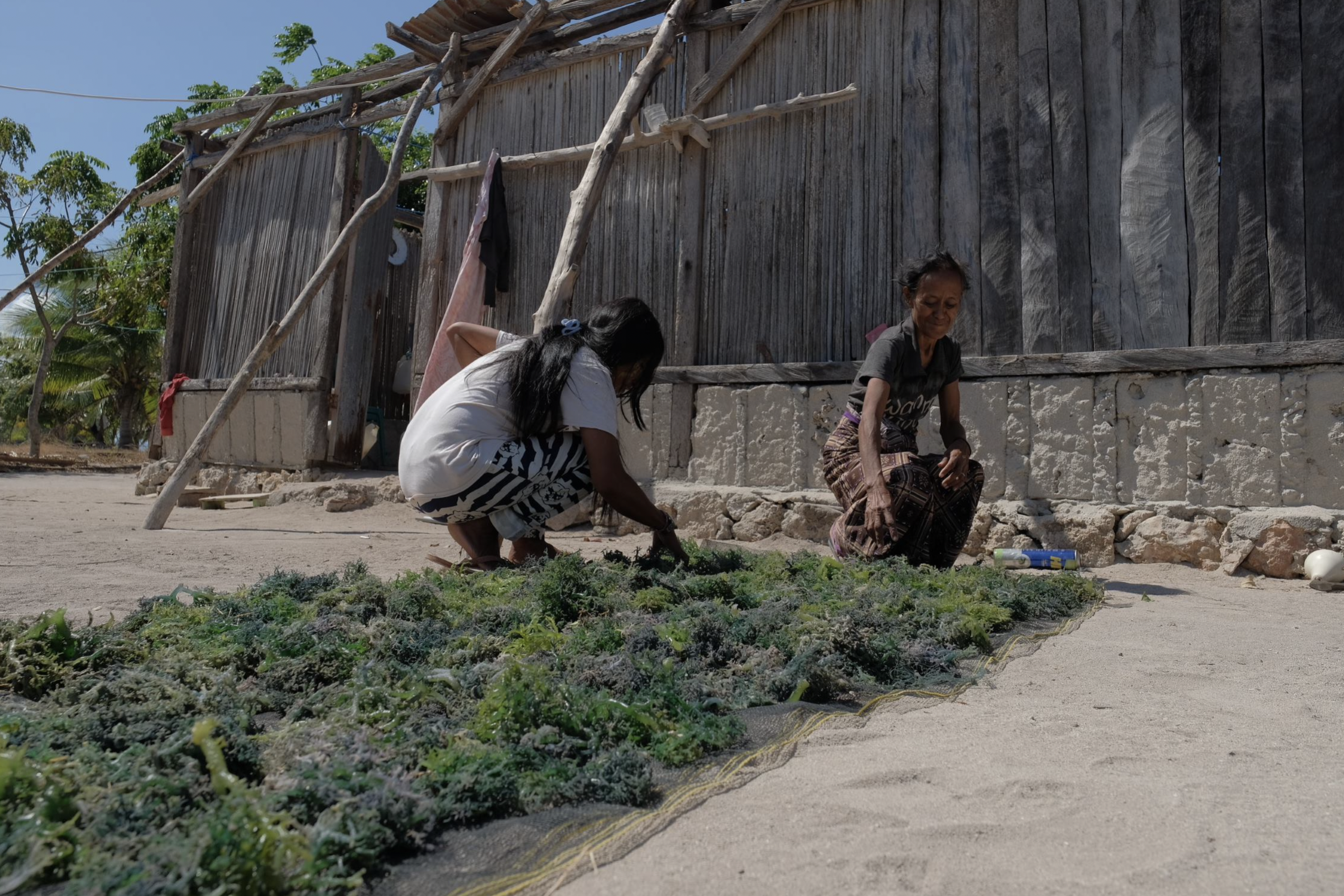SDG Talks: Mobilizing youth to become ‘Guardians of the Earth’ on World Environment Day
June 28, 2022

Thinking of ways to be guardians of the earth? The easiest way to be done is maybe by rethinking what you have considered as an “eco-friendly” lifestyle.
As Indonesia, like the rest of the world, deals with the current pressing environmental challenges, this year's World Environment Day (WED) provided a sense of urgency to increase collective action among the influential youth and move the needle towards the right direction.
Mobilizing youth to address Climate Crisis has therefore become of the top agenda items at UNDP in marking WED. We recently hosted our monthly SDG Talks, titled “Guardians of (the) Earth: Honoring Youth Action Marking World Environment Day” in partnership with the SDG Youth Conference of Veteran University “Pembangunan” Yogyakarta. The event focused on the role of eco-friendly businesses and the impact of environmental degradation on local vulnerable communities,
Moderated by UNDP SDG Campaigner Enggi Dewanti, , the event featured Dwi Ariyoga Gautomo, National Project Coordinator for Arafura and Timor Sea (ATSEA2) project, UNDP’s project on its second phase of implementation dealing with environmental concerns in Arafura and Timor Seas region, Almira Zulfikar, co-founder of Plépah, an Indonesian startup offering upcycled and biodegradable products, Yuniar Pratiwi, Manager Marketing and Creative Economy, Rinjani – Lombok Biosphere Reserve UGGp, and Derta Prabuning, the Director of Reefcheck Indonesia, a geopark recognized by UNESCO.
Mr. Derta set the tone of the discussion explaining the importance of maritime on the ecosystem chain.
“Coral reefs are part of an important healthy ecosystem in sea. Once destroyed, it will highly influence, the rising of sea temperature and livestock,” he said.
The issue of trans-boundary issues was raised during the discussion by Mr. Yoga from the ATSEA2 project emphasized interdependency.
“Environmental efforts will not be impactful without aligning it with the livelihood of those people directly impacted,” he said, highlighting that the inter-governmental cooperation to combat climate crisis will be valuable when the cooperation also concerning the livelihood of people living in the close axis of the coastal area.
The ATSEA2 project is working with countries in the ATS region, including Indonesia, Australia, Papua New-Guinea, and Timor Leste. The project is funded by the Global Environment Facility (GEF).
The combination of economic and environmental approaches is promising. However, the feasibility of zero waste needs to be addressed more seriously, both on land and below water. Marine pollution, for instance, has been contributing to habitat loss and the damage of the ecosystem. Oil spills and marine waste, for instance, are greatly influenced by human activities on land.
Ms. Zulfikar from Plépah shared her formula on addressing the waste problem by collaborating with the MSME (Micro Small and Medium Enterprise) in food industries to use eco-friendly food packaging produced by her small and emerging enterprise. Plepahan was a finalist in the Ending Plastic Pollution Innovation Challenge (EPPIC) competition, organized in Southeast Asia by UNDP to support social innovators on early seed funding and relevant training incubation to grow their ideas handling plastic pollution.
Mr. Derta from the ReefCheck Indonesia said involving local communities in business which form the central part of ecological protection could also be a viable solution.
”it is our focus for initiatives that offer economic values involving the local communities and preserving the ecosystem. We are glad that until now, some local products made by the locals in Rote Ndao, East Nusa Tenggara, gain more demands.” Derta added referring to the area where ReefCheck operates.
Those products include soap made from Seaweed and coffee made from Mangrove fruits, he added.
Yoga echoed his remarks, noting “It is important today that any solutions are easily replicated and considering the end-to-end impact on the environment.”
Waste management is also another top concern calling for mobilized action.
“Waste is a never-ending problem, especially coming from visitors and hikers. After several consultations with the village communities around the geopark, we are formulating several changes to rules and regulations to reduce waste in the geopark area,” Ms. Pratiwi, from Rinjani Geopark said.
The panelists agreed on the significance of a bottom-up strategy to ensuring the success of any environmental business initiative. It will immediately contribute to the low-carbon goal by ensuring that materials can be obtained locally. Future attempts should focus on scale of replication rather than scale of size. Such strategy will ensure that the products or services could be distributed within an acceptable distance.
Written by Enggi Dewanti
Edited by Tomi Soetjipto and Ranjit Jose

 Locations
Locations